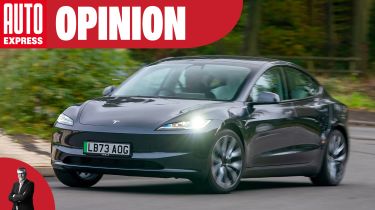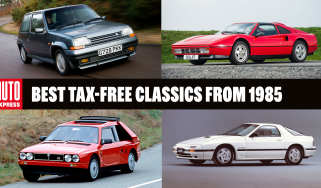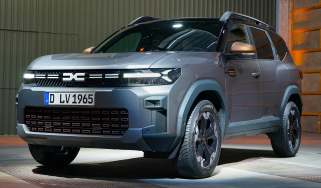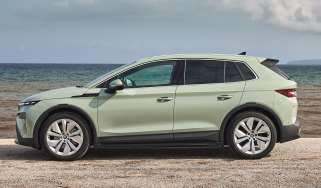Electric cars work for many people, but the incentives simply aren’t good enough
Editor Paul Barker looks at the position of electric cars after the latest set of UK sales figures were announced

Whatever you think of EVs, there was news to solidify your position last week. Let’s start with the positive. Electric cars made up 22.6 per cent of new-car registrations in August, the first time this year that EVs have passed the 22 per cent figure manufacturers all have to hit for 2024.
That doesn’t bode well for the chances of everyone surpassing that ZEV mandate target for the whole year, but is at least progress. And it is worth noting that makers can do some creative accounting if they are short for 2024, including pulling forward EV sales from future years, so it’s not as set in stone as it looks.
Even so, 22 per cent of new cars registered in August were electric, so it is possible. With the caveat that August is one of the months with the smallest new-car sales. Private buyers prefer to wait for September’s new plate, so August can be distorted by something like, say, a boat-load of Teslas landing in the UK and finding homes. Apropos of nothing, Tesla’s Model 3 and Model Y ranked third and fifth respectively in the August sales figures with over 3,000 registrations between them. Neither makes the top 10 year to date, though.
In less positive news, detractors will point to the growing realisation among many makers that declarations to be combustion engine-free by the end of the decade could be optimistic. Volvo, one of the earliest and most vocal with such a statement, has performed a partial U-turn on its pledge, switching to a 90-100 per cent electrified target by 2030, which covers plug-in hybrids and EVs.
It’s quite a shift, and shows how optimistic some makers were about the speed of adoption. But if governments set ambitious targets, without necessarily the wherewithal to get there, you can see why brands would believe it was possible.
EVs work for a large number of people, but the incentives and carrots aren’t good enough. The generous company-car tax benefit is very much driving the progress in EVs, but there’s not enough reason to take the plunge. Pricing parity will help on new cars, if manufacturers can actually afford to do that.
Vauxhall’s Frontera is an early example, although I’d love to know the profit margins on petrol versus electric editions. We’ll get there, but the road is going to be longer and more twisty than many had previously thought.
Do you agree with Paul? Let us know your thoughts in the comments section...




